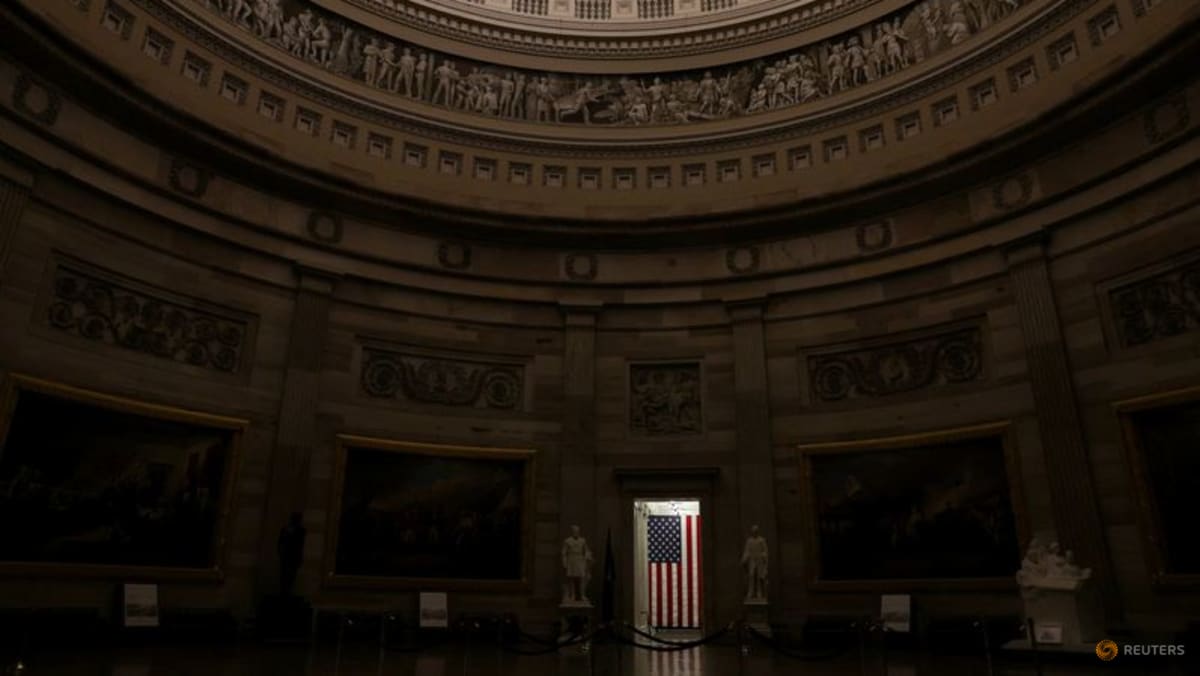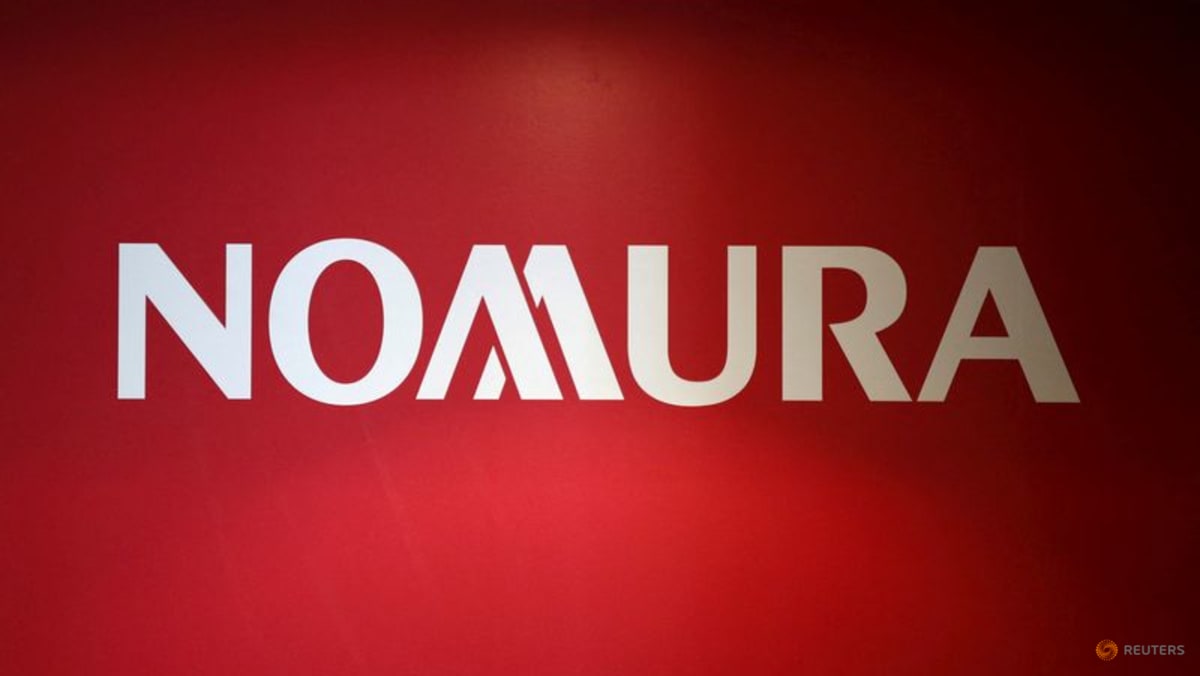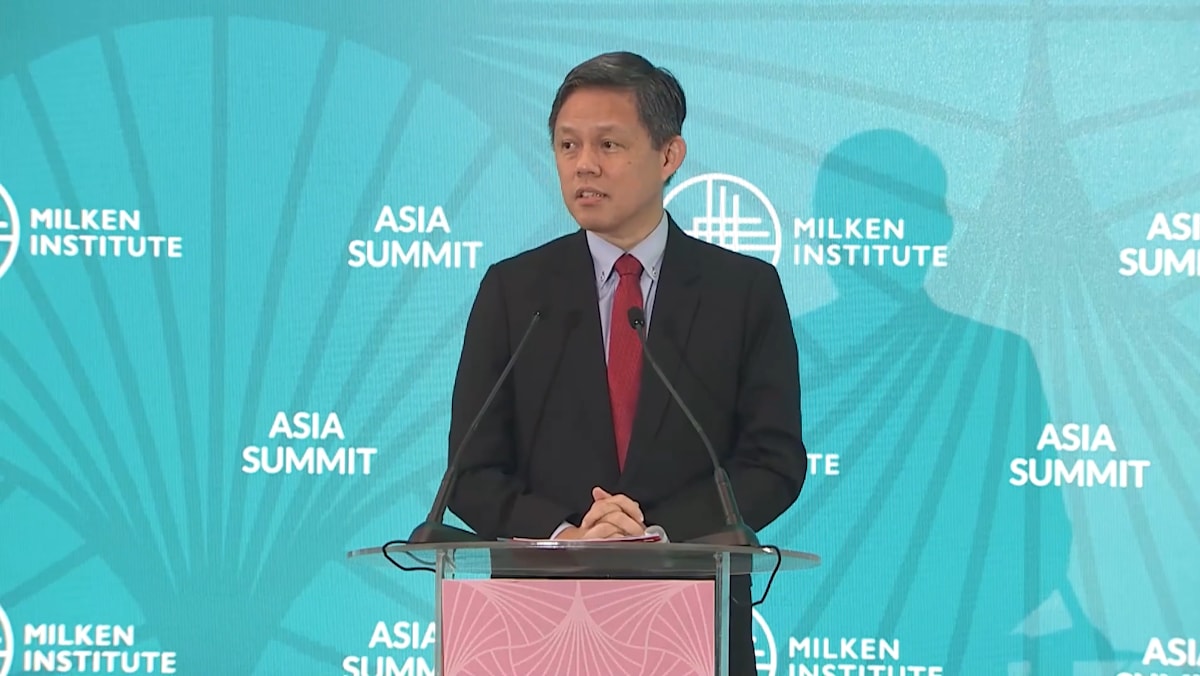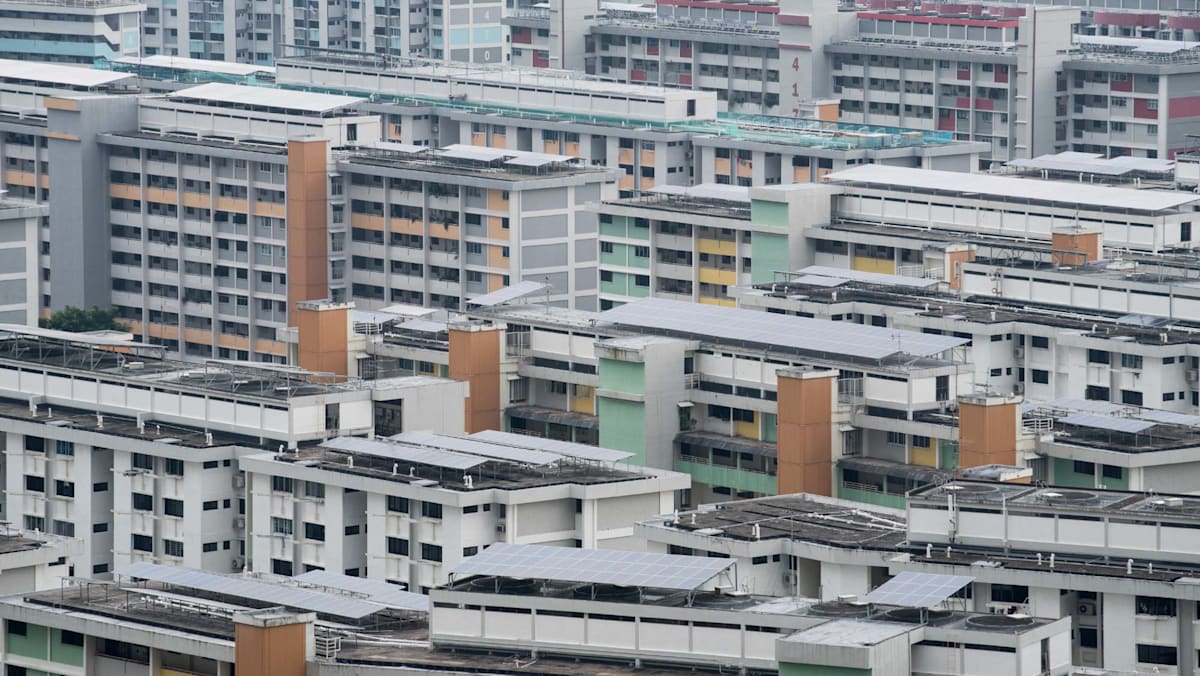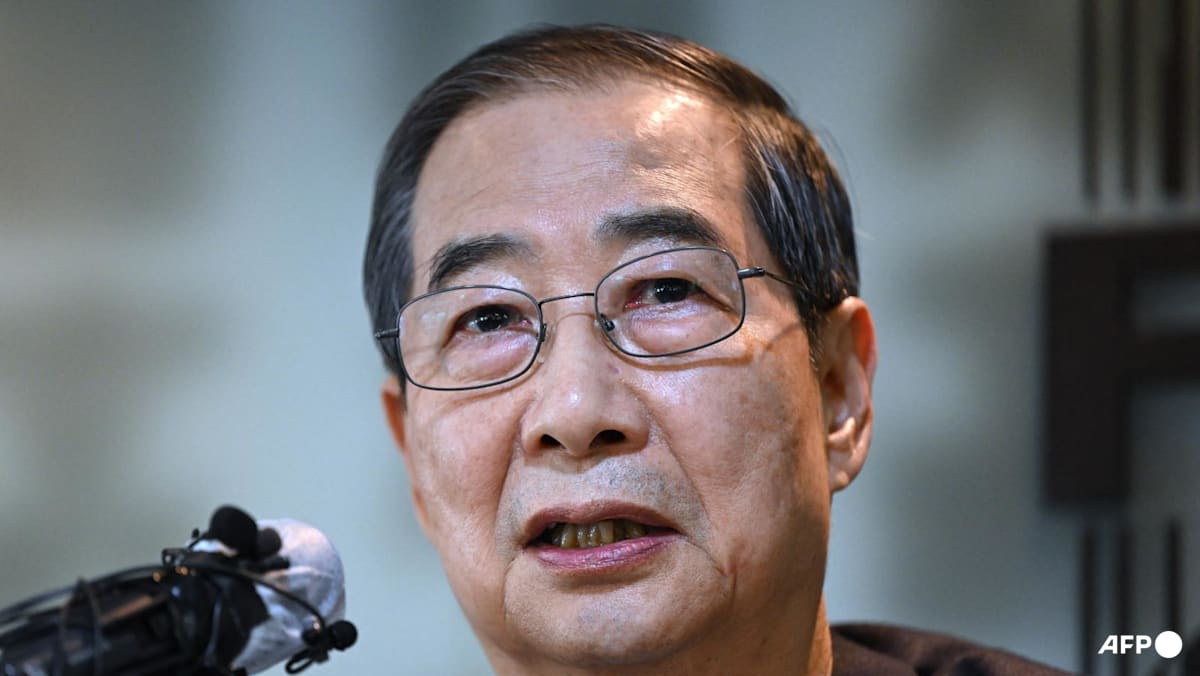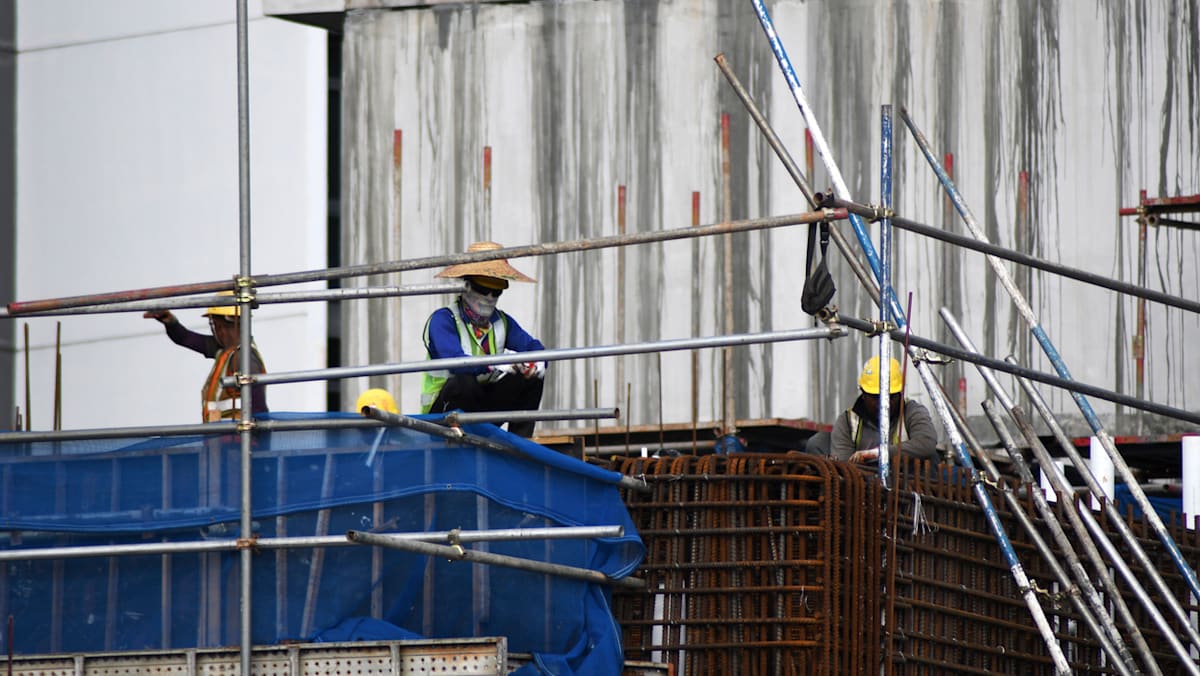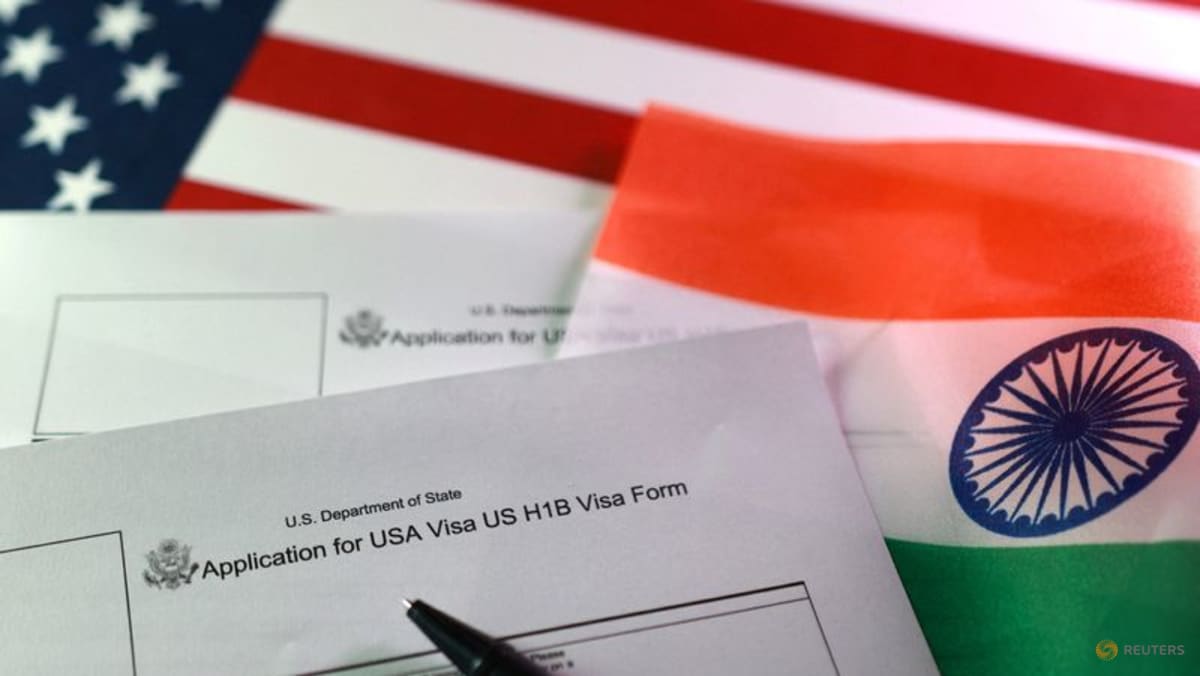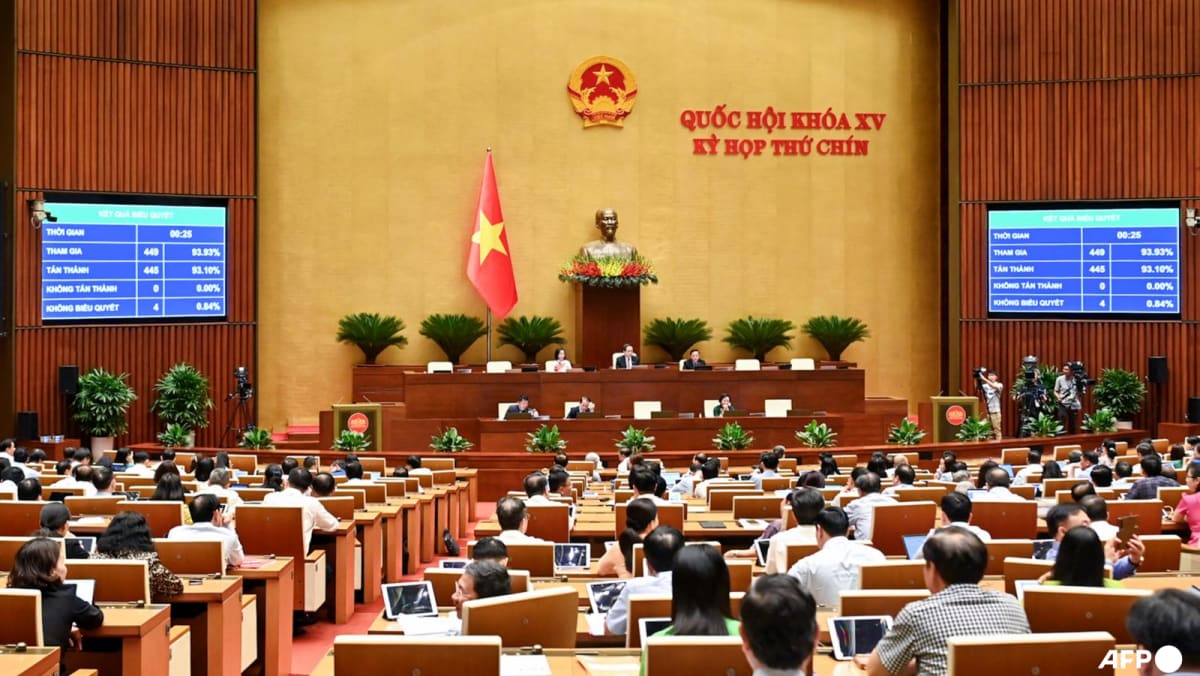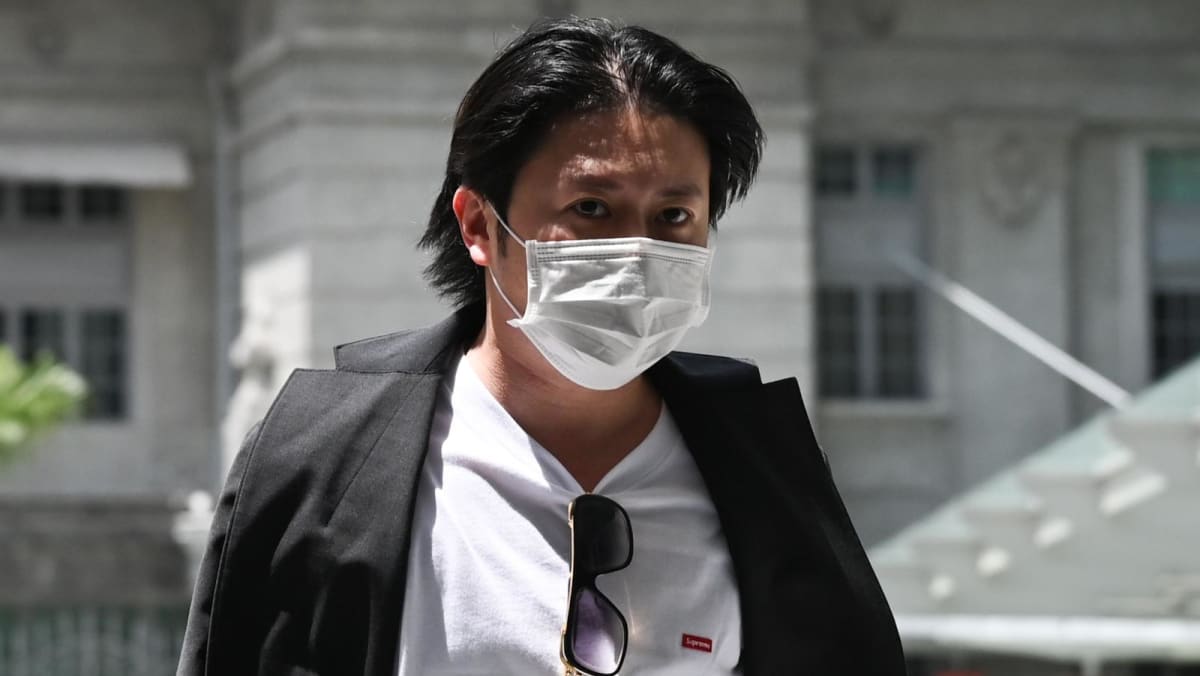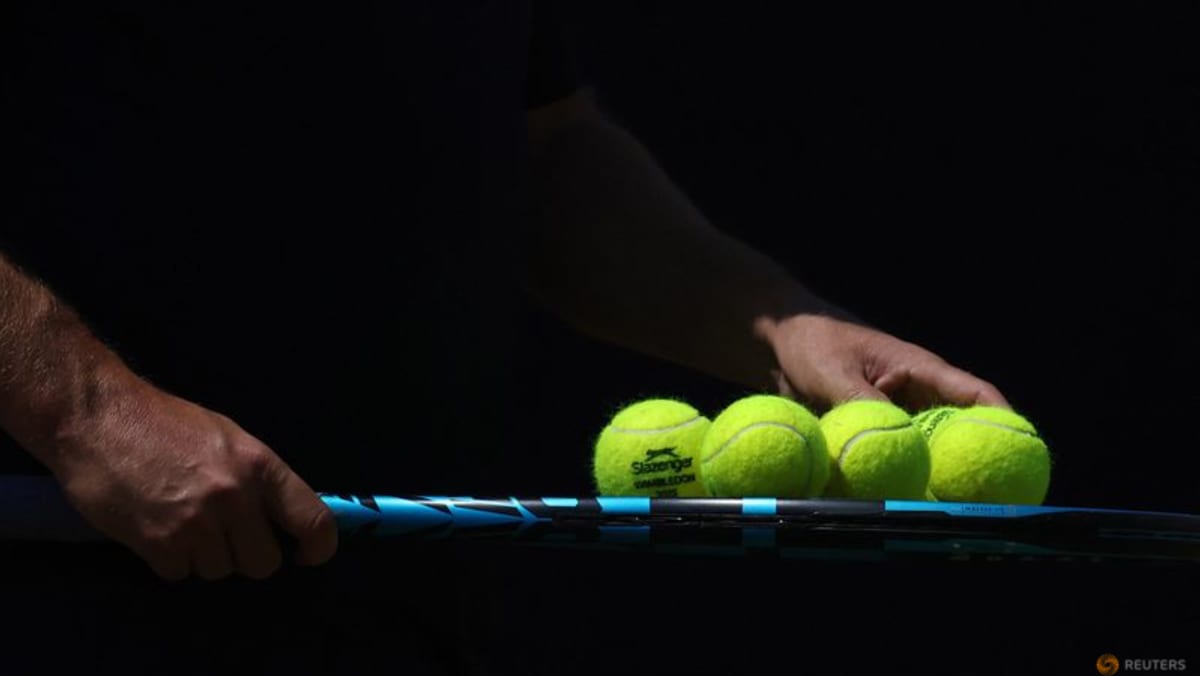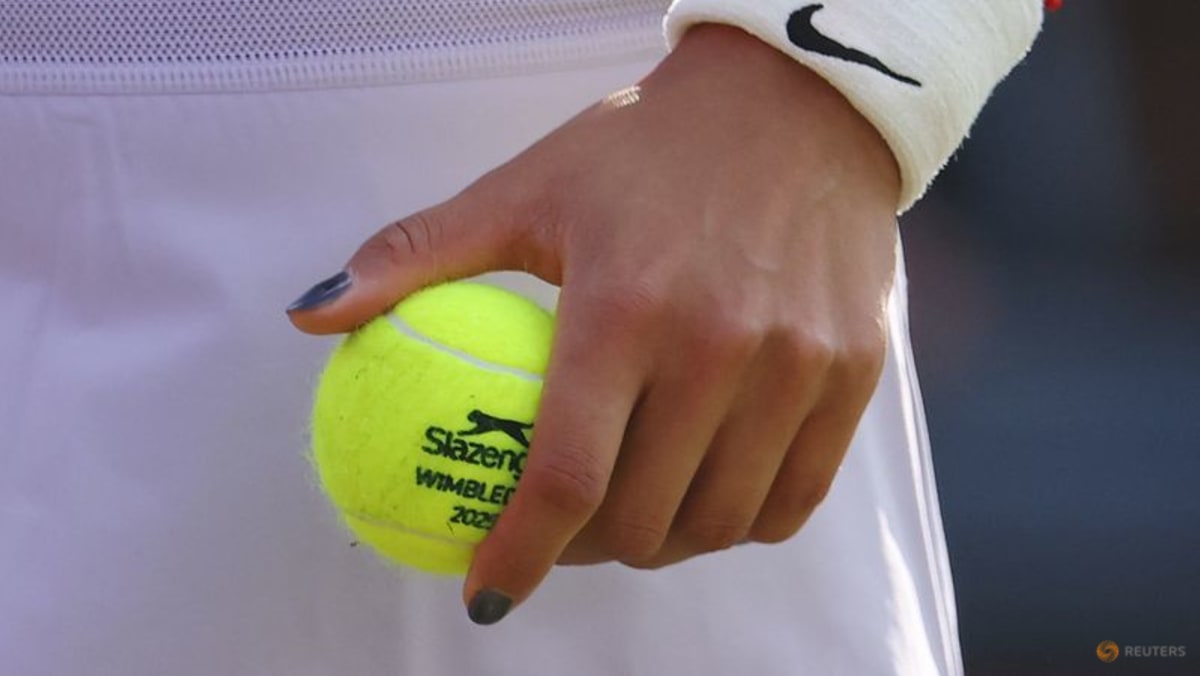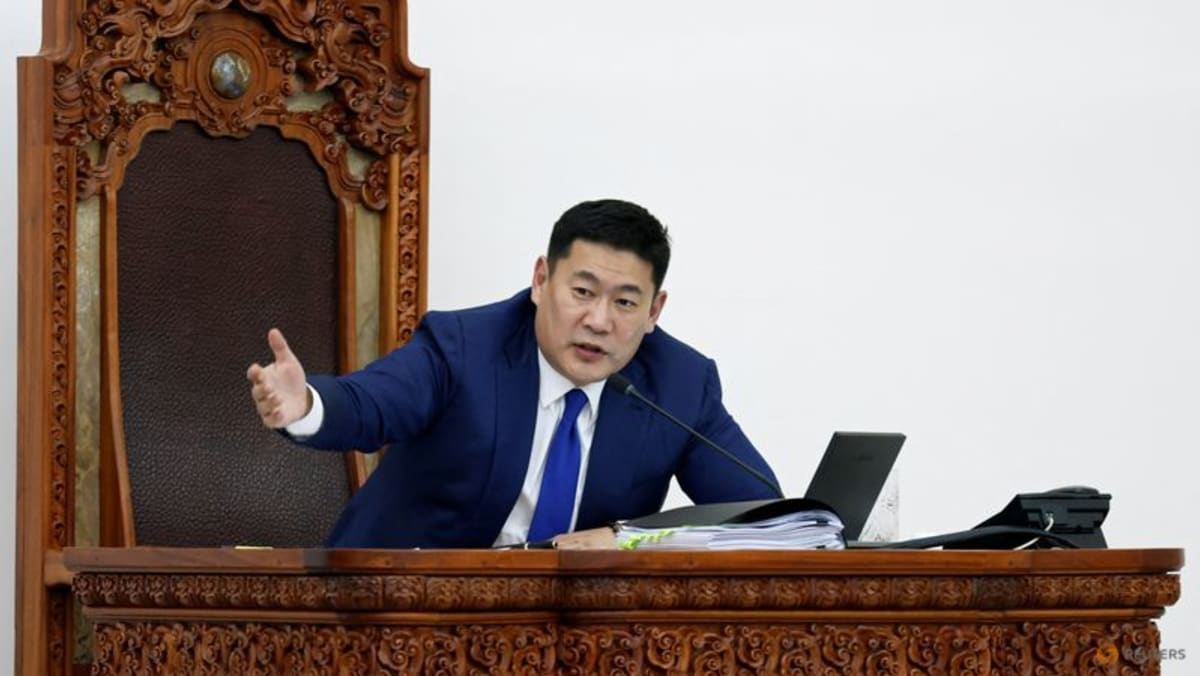Chinese state media have warned of a growing “black market chain” exploiting consumers and infringing on intellectual property rights.

A total of 20,599 fake Labubu dolls were seized in three separate inspections of export-bound trucks at the Hong Kong-Zhuhai-Macau Bridge checkpoint in Zhuhai, Guangdong province. (Photo: WeChat/China Customs)
New: You can now listen to articles.

This audio is generated by an AI tool.
BEIJING: Chinese customs authorities have recently seized more than 46,000 counterfeit Labubu toys, as the viral popularity of the trendy collectibles fuels a parallel boom in fakes and scalping.
The surge in knock-offs has prompted state media warnings about a growing “black market chain” exploiting consumers and infringing on intellectual property rights.
Featuring a scruffy, wide-eyed creature with a devilish grin, Labubu shot to international fame through a combination of celebrity endorsements and social media hype.
Sold by Chinese toy giant Pop Mart, Labubu’s appeal has been fuelled by limited-edition drops and themed collections that heighten its sense of exclusivity. But the frenzy has also sparked a flood of counterfeits, dubbed “Lafufu” by collectors.
The latest seizures by Chinese customs authorities spanned three regions, with a significant haul logged last Thursday (Jun 12) at the Hong Kong-Zhuhai-Macau Bridge checkpoint in Zhuhai, Guangdong province.
A total of 20,599 fake Labubu dolls were seized in three separate inspections of export-bound trucks. The shipments were found to have the Pop Mart logo printed on the packaging and the toys without authorisation, said China Customs in a statement on Wednesday evening.
Similarly, customs officials at Ningbo in Zhejiang province found 20,240 counterfeit Labubu products while inspecting a batch of children’s toys, plastic cups and other goods.
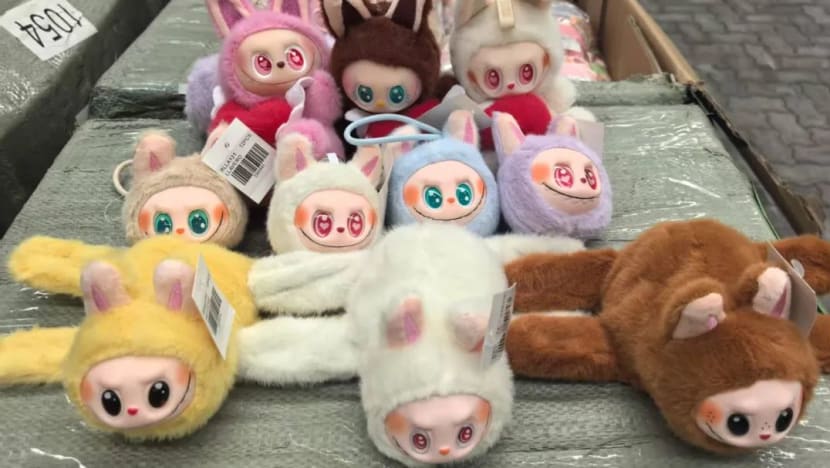 Customs officials at Ningbo in Zhejiang province found 20,240 counterfeit Labubu products while inspecting a batch of children’s toys, plastic cups and other goods. (Photo: WeChat/China Customs)
Customs officials at Ningbo in Zhejiang province found 20,240 counterfeit Labubu products while inspecting a batch of children’s toys, plastic cups and other goods. (Photo: WeChat/China Customs)
In another incident at Shanghai’s Pudong Airport, customs officers inspecting outbound express mail seized 5,961 knock-off Labubu toys that had been falsely declared as “plush ornaments”.
China Customs did not specify the exact dates of the seizures in Ningbo and Shanghai Pudong Airport, stating only that they took place “recently”.
It reminded exporters and agents that all goods must be truthfully declared under the law, including accurate disclosure of their intellectual property status.
Offenders risk having their goods confiscated and being handed a fine. In more serious cases, they could face criminal prosecution and jail, the authorities warned.
STATE MEDIA WARN OF FAKES AND FLIPPERS
As the Labubu craze sweeps across China and the rest of the world, Chinese state media have warned of a growing influx of counterfeit goods and scalpers profiting at the expense of unsuspecting consumers.
A commentary published Wednesday on the official WeChat account of People’s Daily, China’s Communist Party’s flagship newspaper, warned that “outlaws” were capitalising on the hype through rampant scalping of limited-edition Labubu dolls and the sale of counterfeits.
It cited a recent case of law enforcement officers in Zhejiang busting three separate cases involving the manufacturing and sale of fake Labubu dolls.
The commentary also mentioned the rush to buy Labubu dolls in the secondary market, referencing the auction in Beijing earlier this month where a human-sized Labubu figure was sold for a record 1.08 million yuan (US$150,220).
“In some secondhand markets, scalpers maliciously hoard goods and resell them at high prices, seriously disrupting normal market order,” the commentary said, adding that some merchants were selling imitation Labubu products under labels such as “affordable substitutes” or “one-to-one high imitations”.
The People’s Daily commentary also criticised cases where scalpers used software to buy genuine Labubu products, then colluded with “high-imitation merchants” to mix authentic and fake dolls for resale.
This has made it difficult for consumers to protect themselves, as a “black market chain” has been formed, said the commentary.
“The blatant sale of these high-end Labubu (dolls) not only seriously infringes on Pop Mart's intellectual property rights and damages its brand image, but it also greatly infringes on the legitimate rights and interests of consumers.”
The People’s Daily’s commentary further called on online platforms to “fulfil their principal responsibilities”, such as strengthening reviews on merchants and penalising those who sell counterfeit products, as well as protecting consumers’ rights and interests.
It also called on regulators to enhance consumer protection mechanisms, step up intellectual property enforcement, and intensify crackdowns on copyright infringement and counterfeits.


